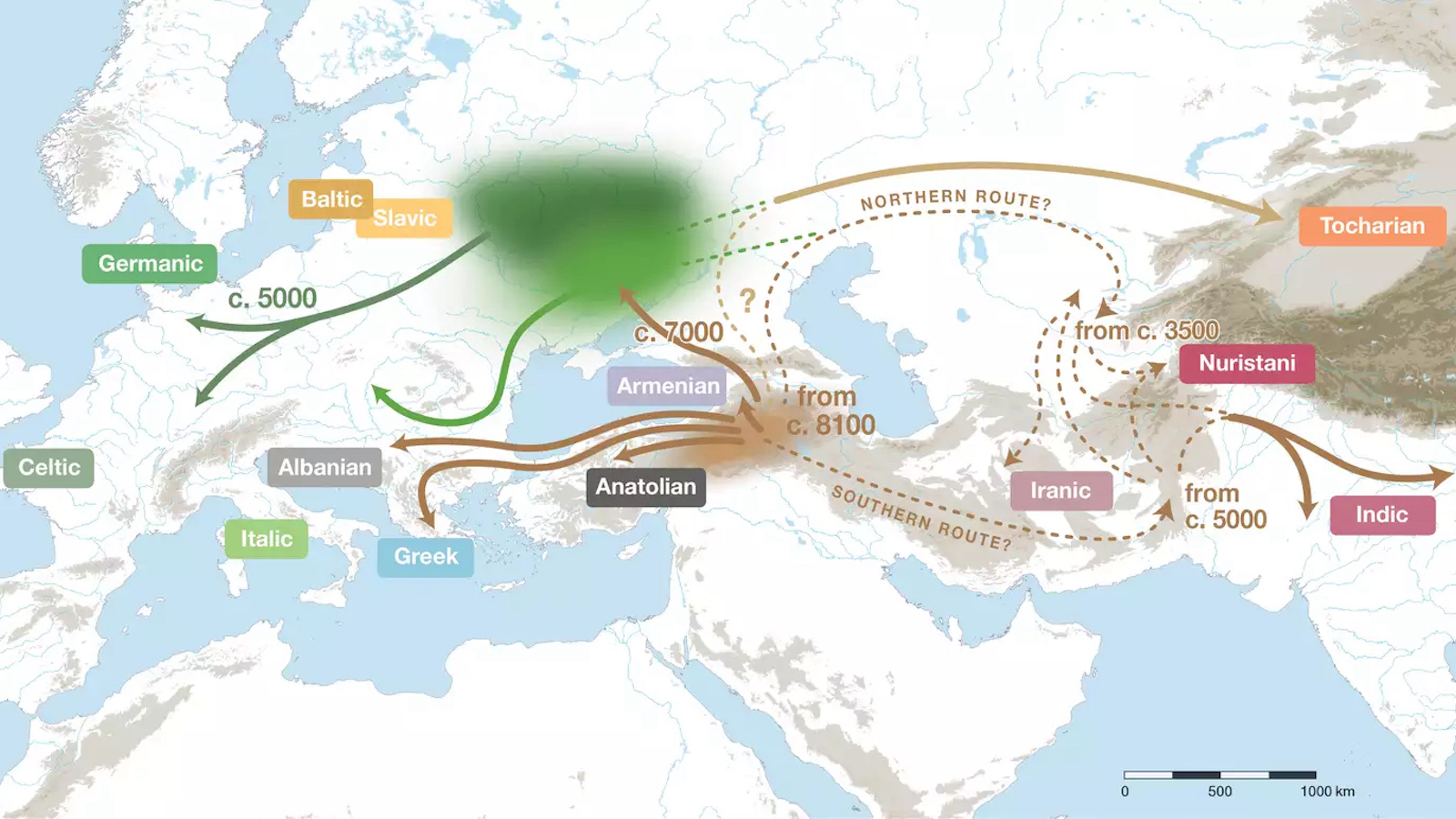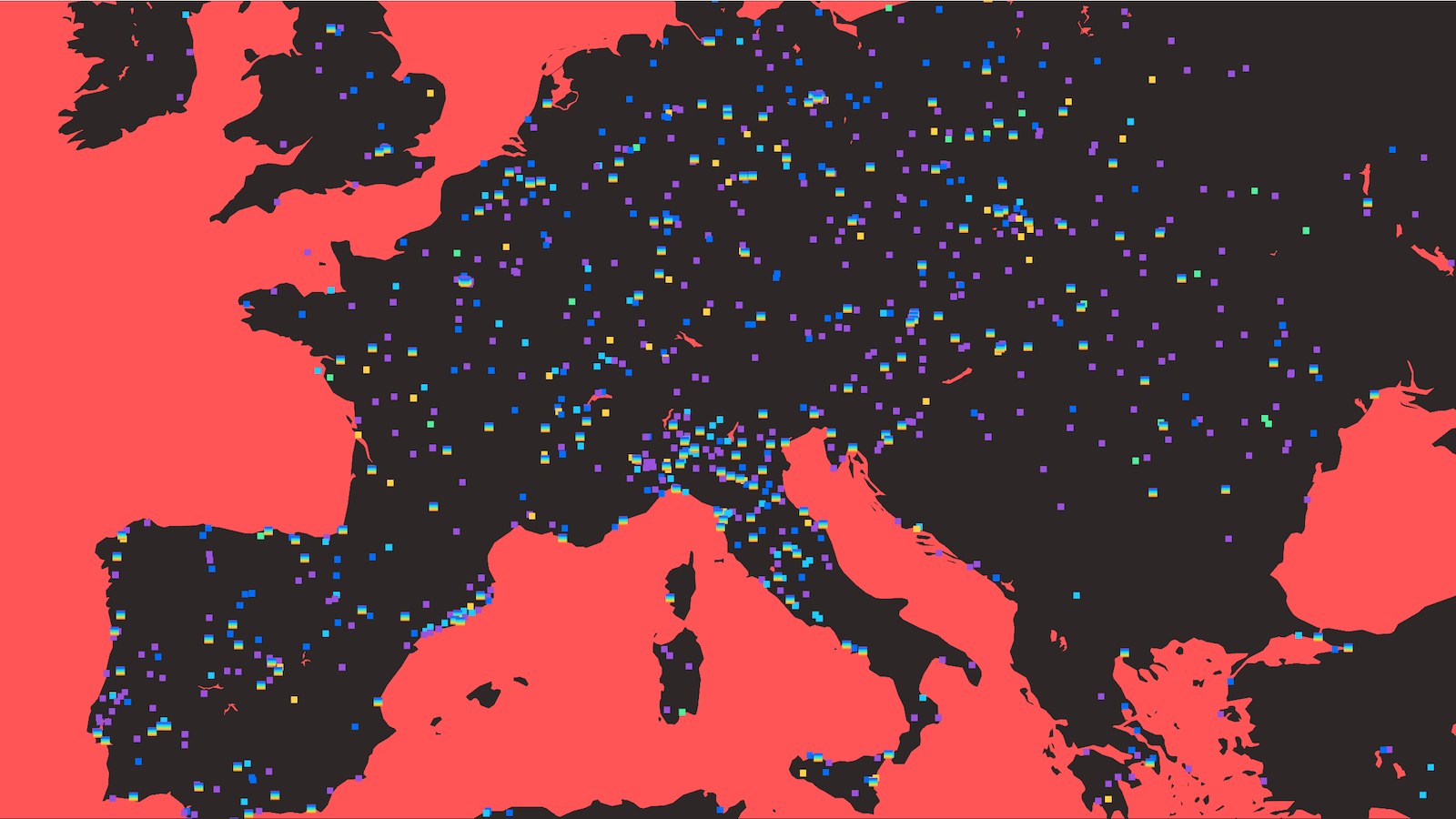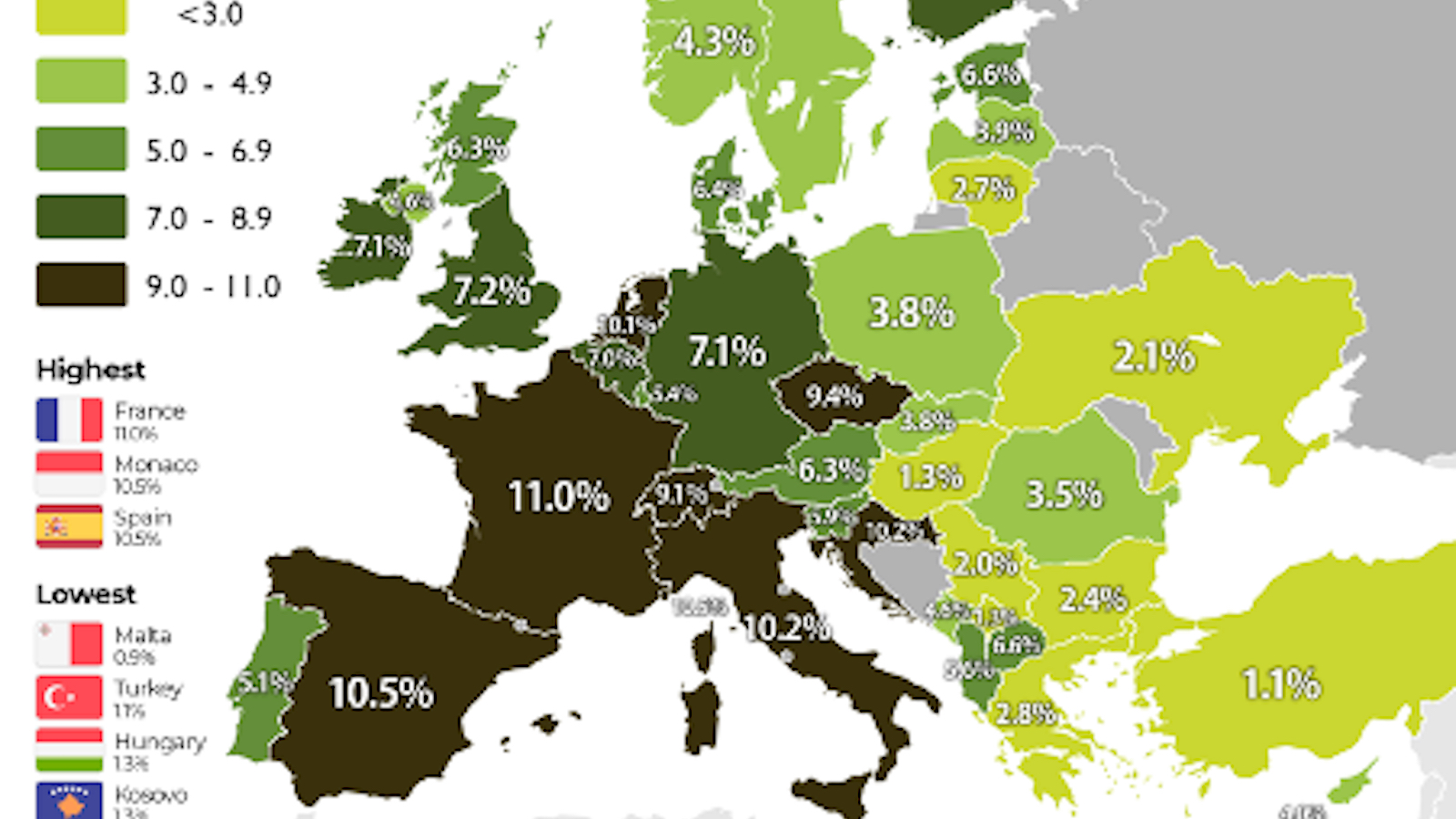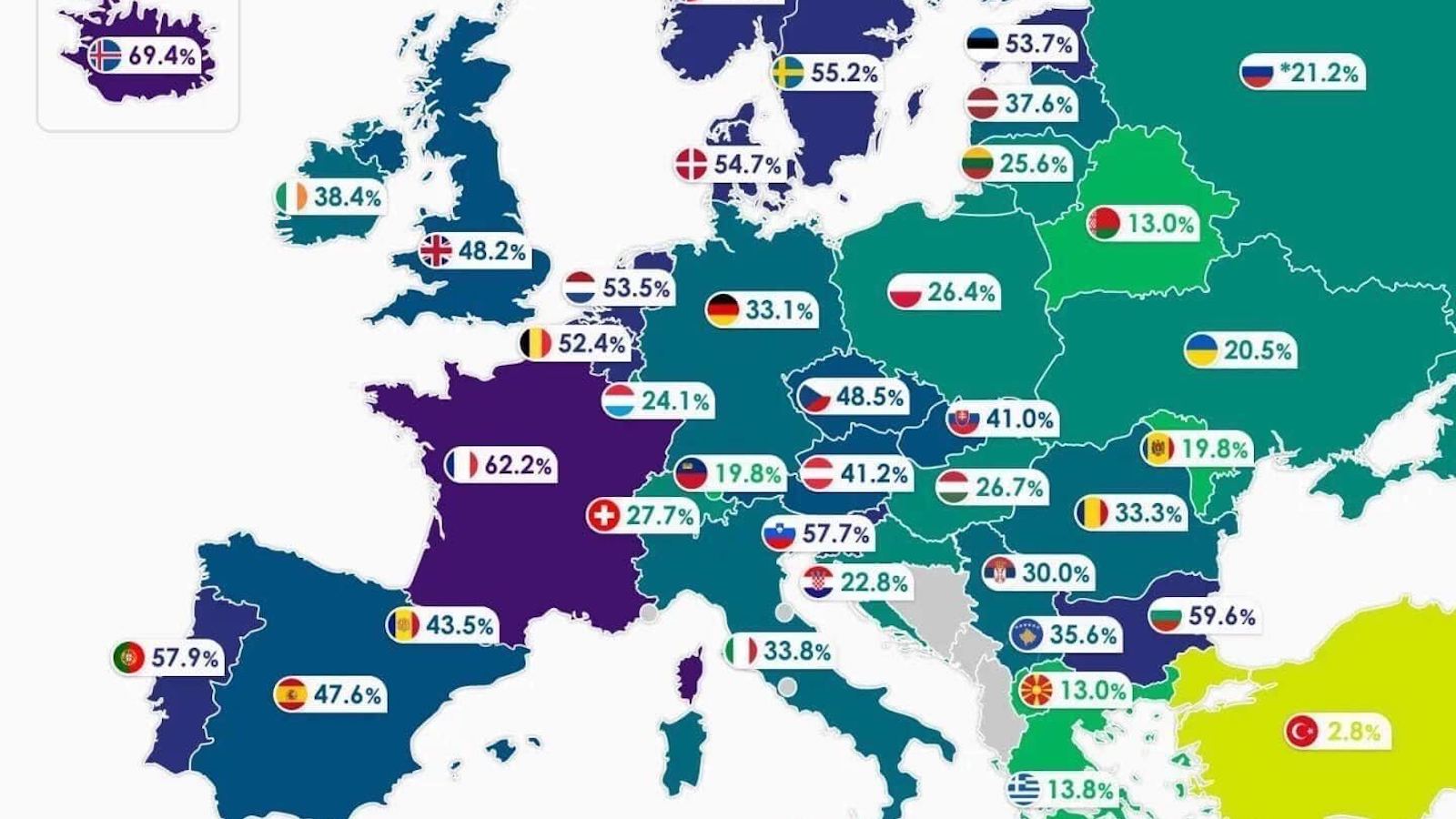Question: How does your conservatism differ from U.S. conservatism?
John Bruton: Well, I was never an ideological conservative in the sense that I believed that the free market was always right. I was more of somebody who put caution beside innovation whenever innovation had to be considered. And I would try my best to see what, or the downsides of something as well as the upsides. And I think there is always in any political system a need for a strong conservative voice in that sense that looks at the affect on the overall organism of the change that is proposed rather as whether the particular change is merited in and of itself. And that sort of conservatism is something that will never die and will always be necessary. And its quite different from radical free market thinking, which in fact, in some respects can be anti-conservative because it can cut away some of the – or undermine some of the sort of social habits that people have, of solidarity for others, of charity, of providing protection and security for people because those don’t cohere exactly with the free market. So, the free marketeering can in fact be anti-conservative rather than conservative depending on the circumstances. And any way, it’s only a means to an end. The free market is a means of delivering welfare to people and prosperity. It’s not an end in itself. Whereas conserving what is good, while adapting is something that is good in itself. I would describe myself, first and foremost, as a Christian Democrat rather than as a conservative. Because I think, and I’m a practicing Catholic, but I don’t think you have to be a practicing any religion to recognize that Christianity have moderated some of the most extreme aggressions that were seen in pre-Christian Europe by creating a sense of responsibility to one’s fellow man, of loving one’s neighbor, of a sense of there was a next life and that what you did wrong here could not be to your advantage in the next life and therefore that is quite apart from whether the police might catch you. Your own interests would suggest to you that you should behave yourself in a reasonable way relative to other people. Those were the [important] issues–wanting the social justice that emanates from Christianity—and that’s why I think I am happy to describe myself as a Christian Democrat. And that’s a strong European tradition as well. Chancellor Merkle of Germany is a Christian Democrat too. But there are elements of conservatism in Christian democracy, but also there are elements of acquiring to make changes.
Recorded on October 1, 2009





